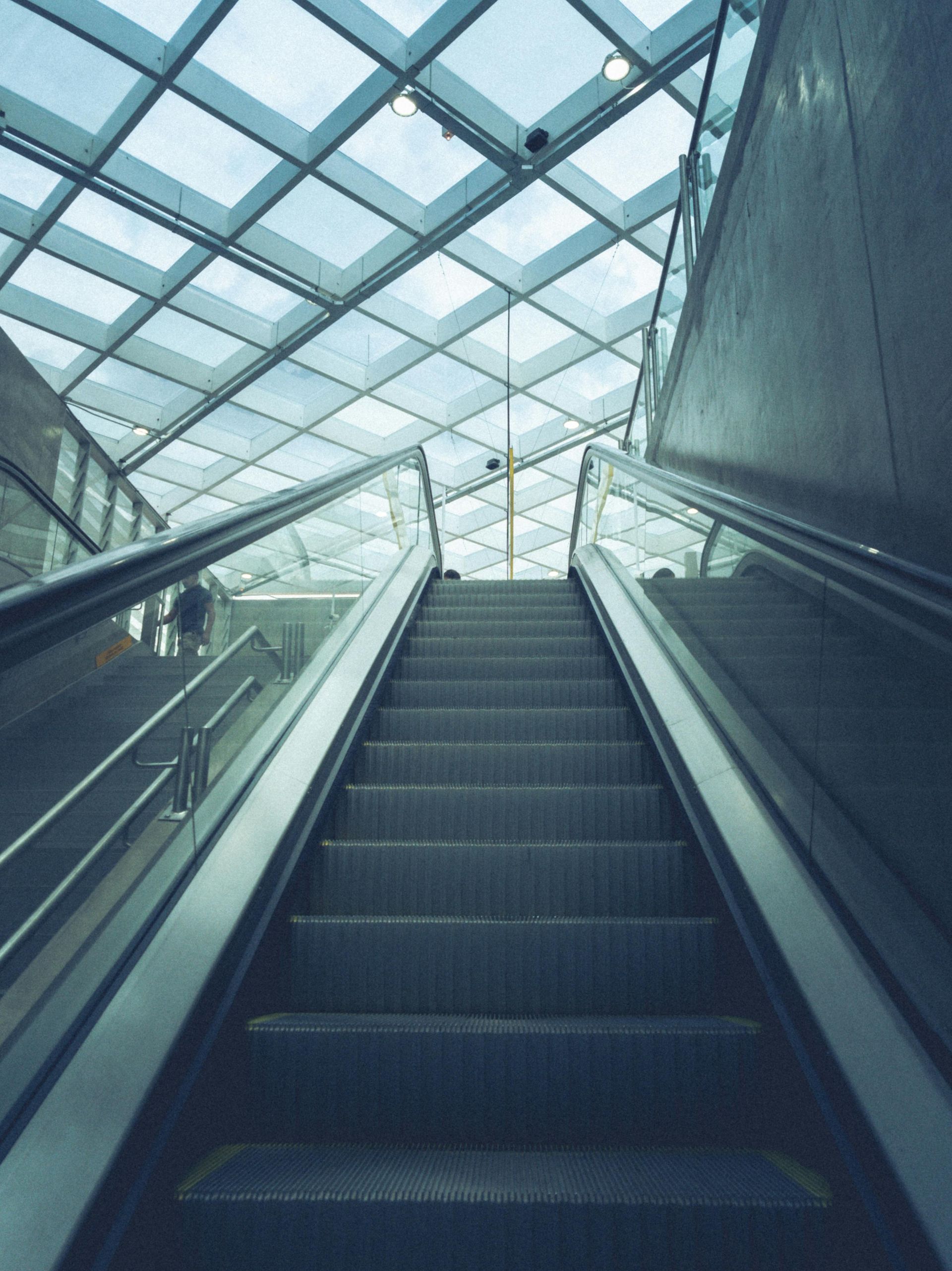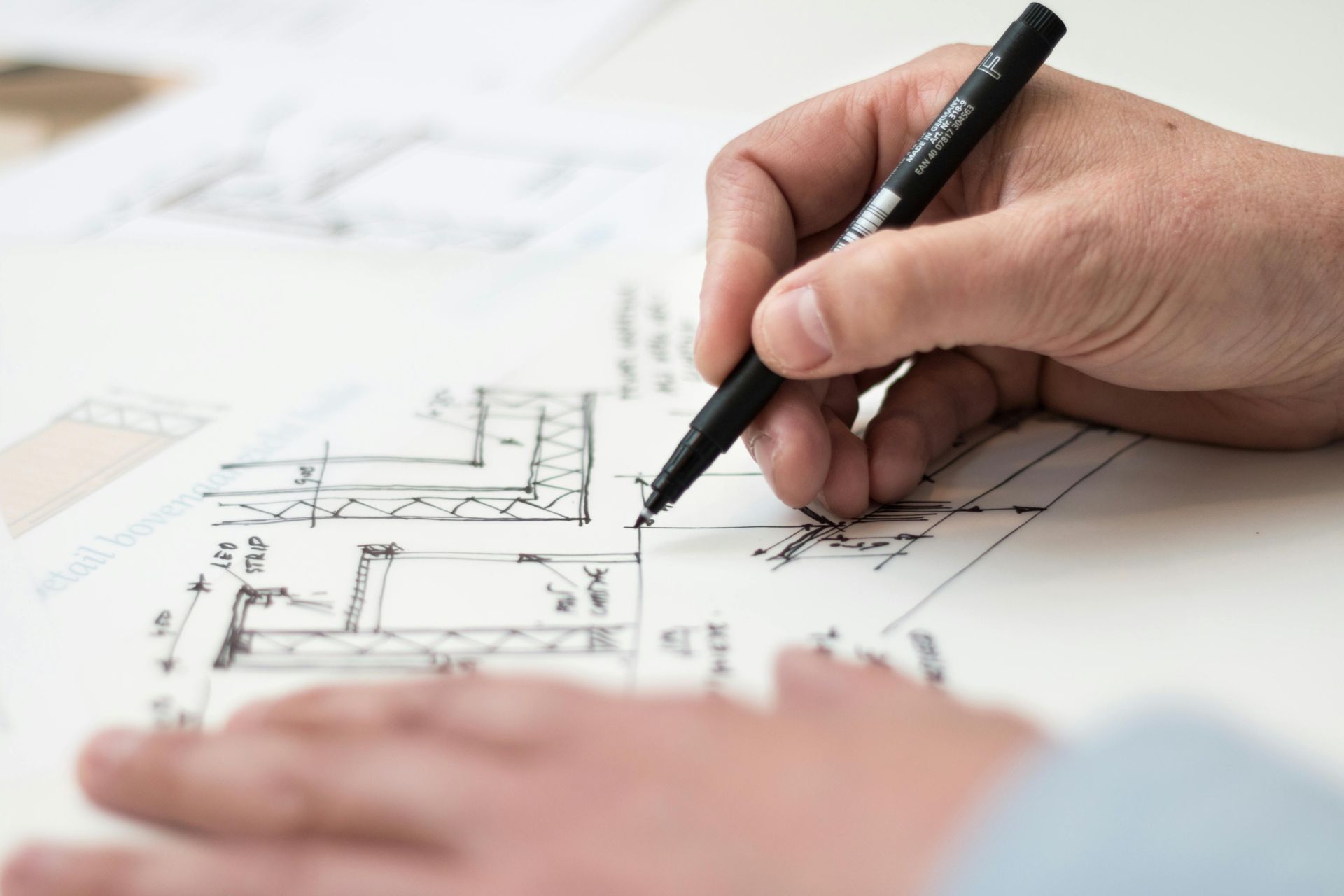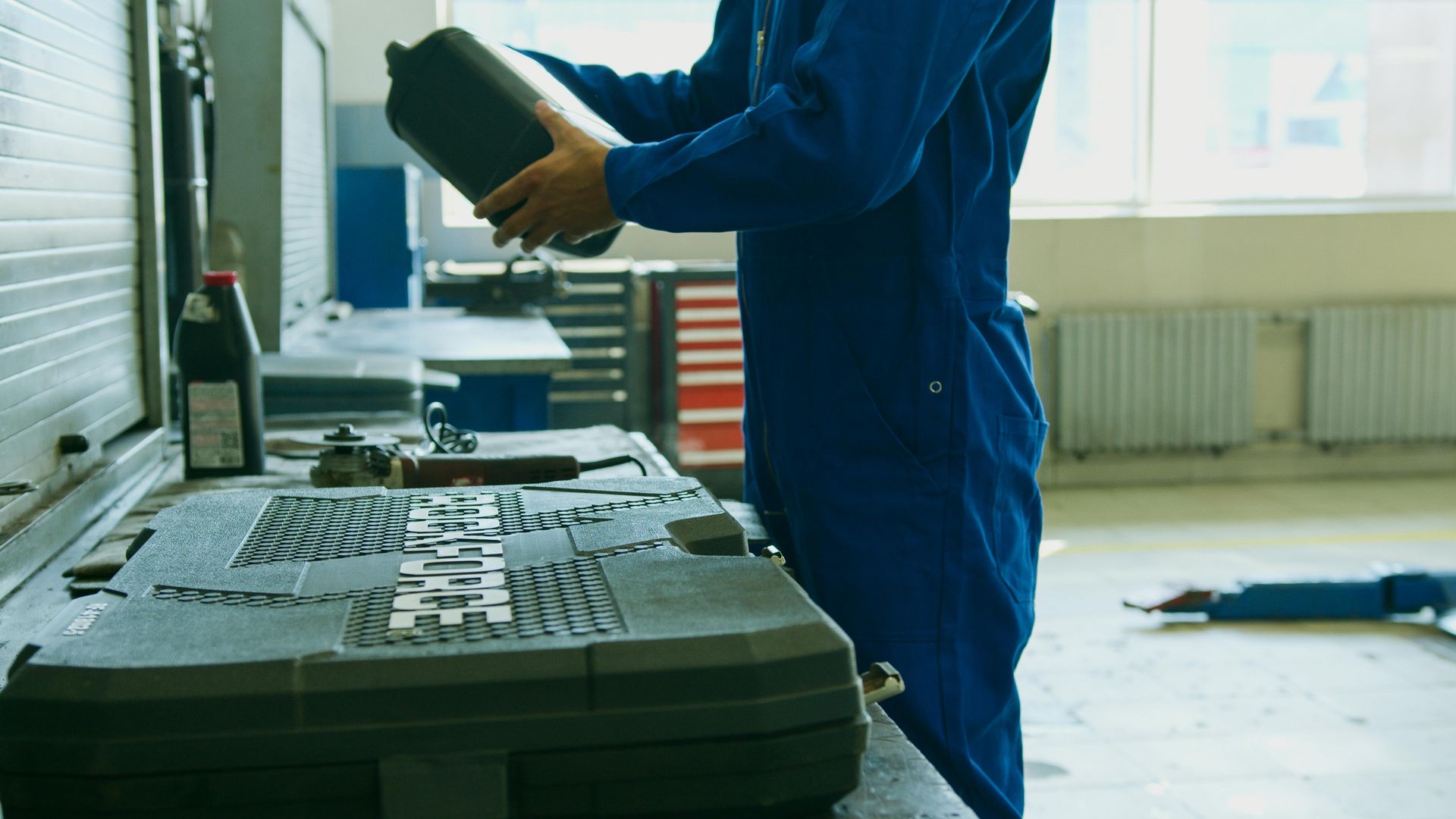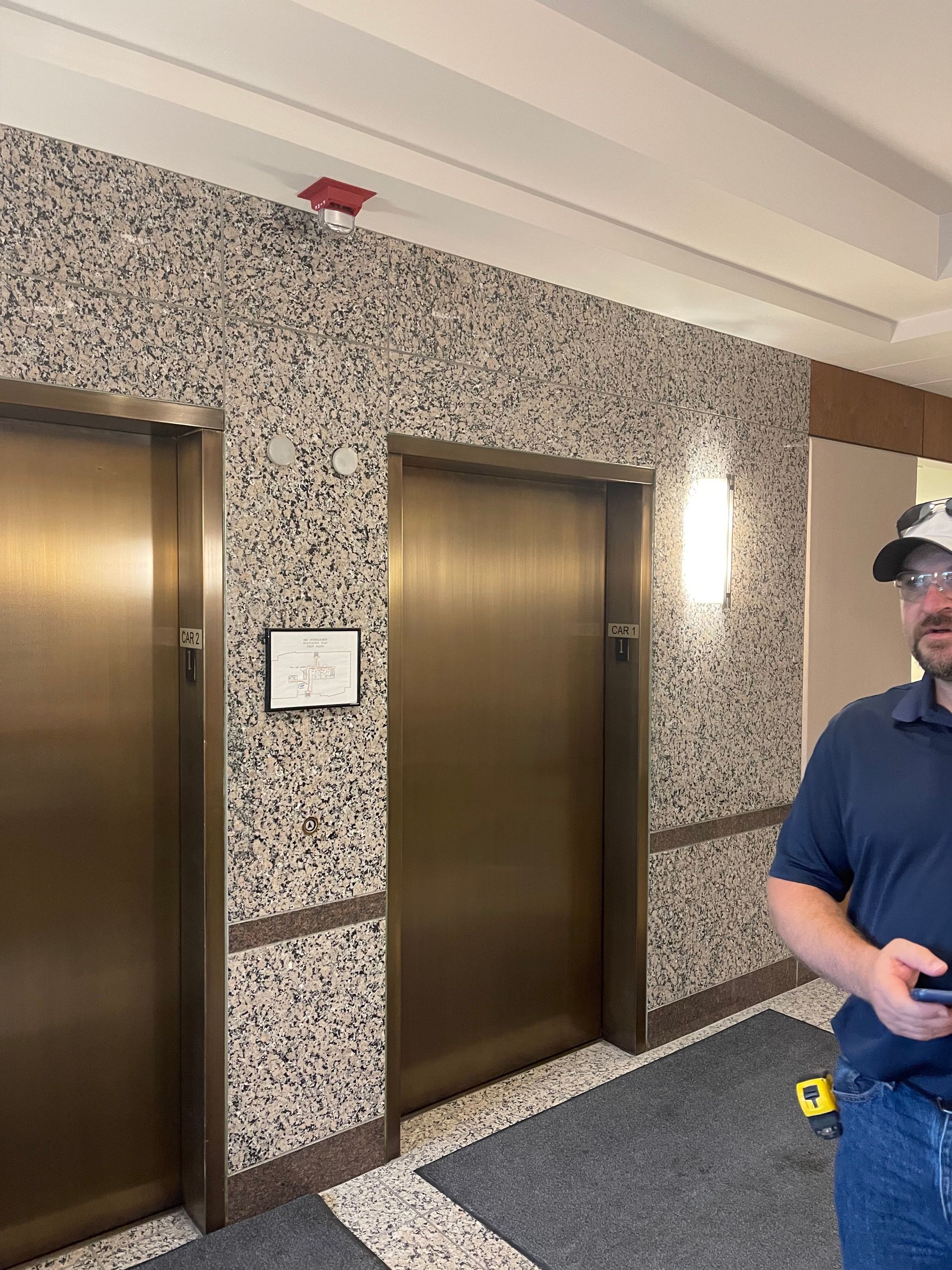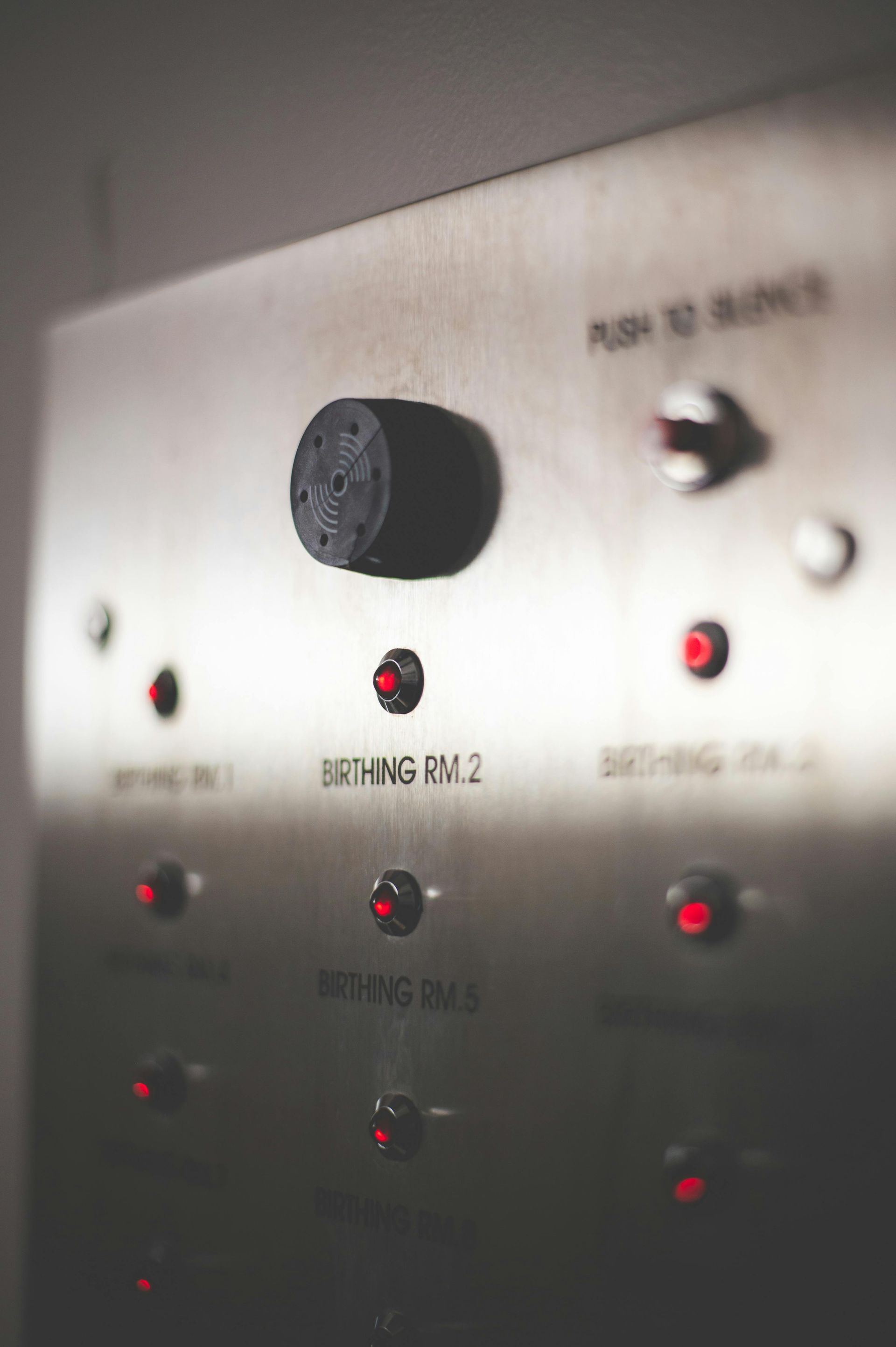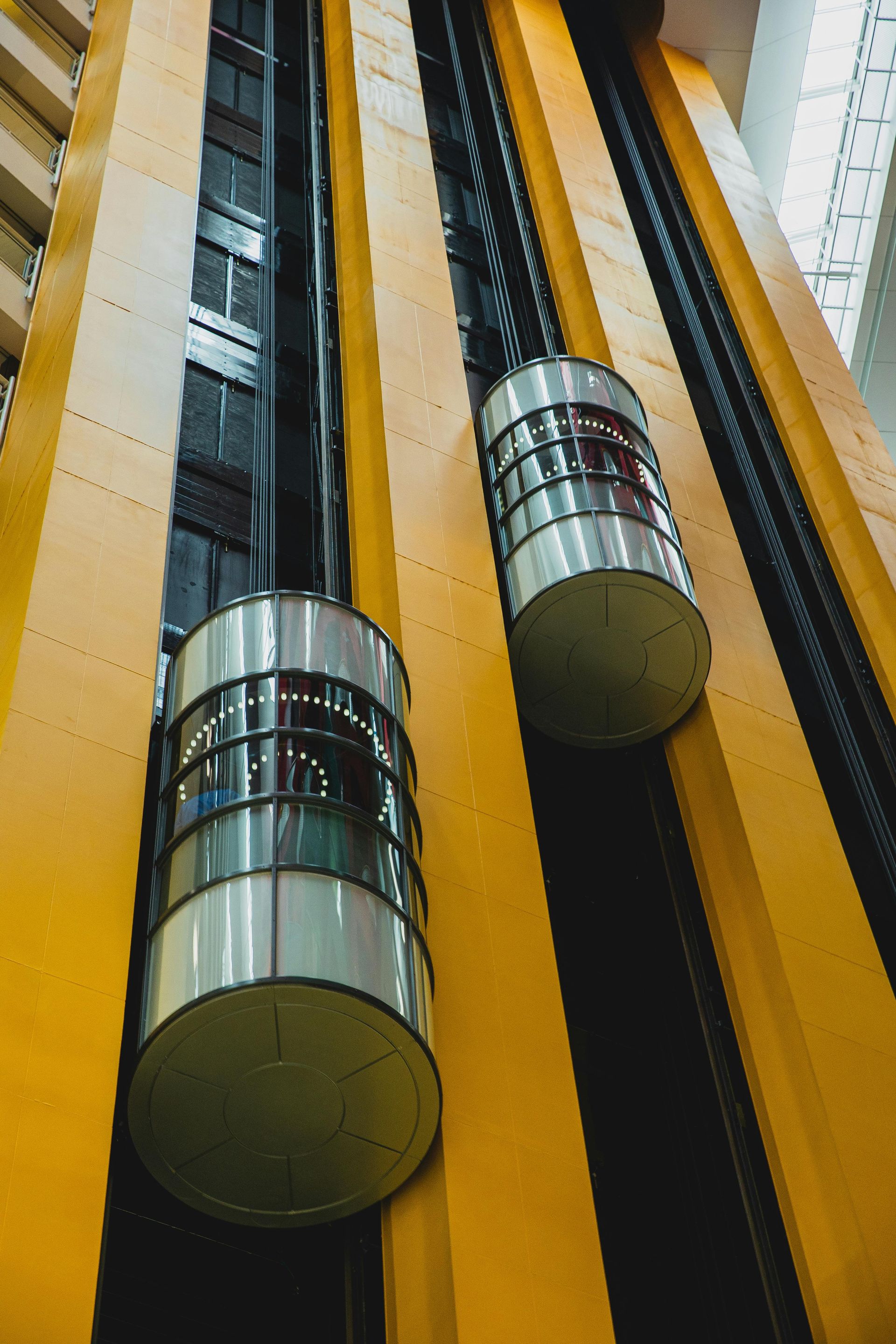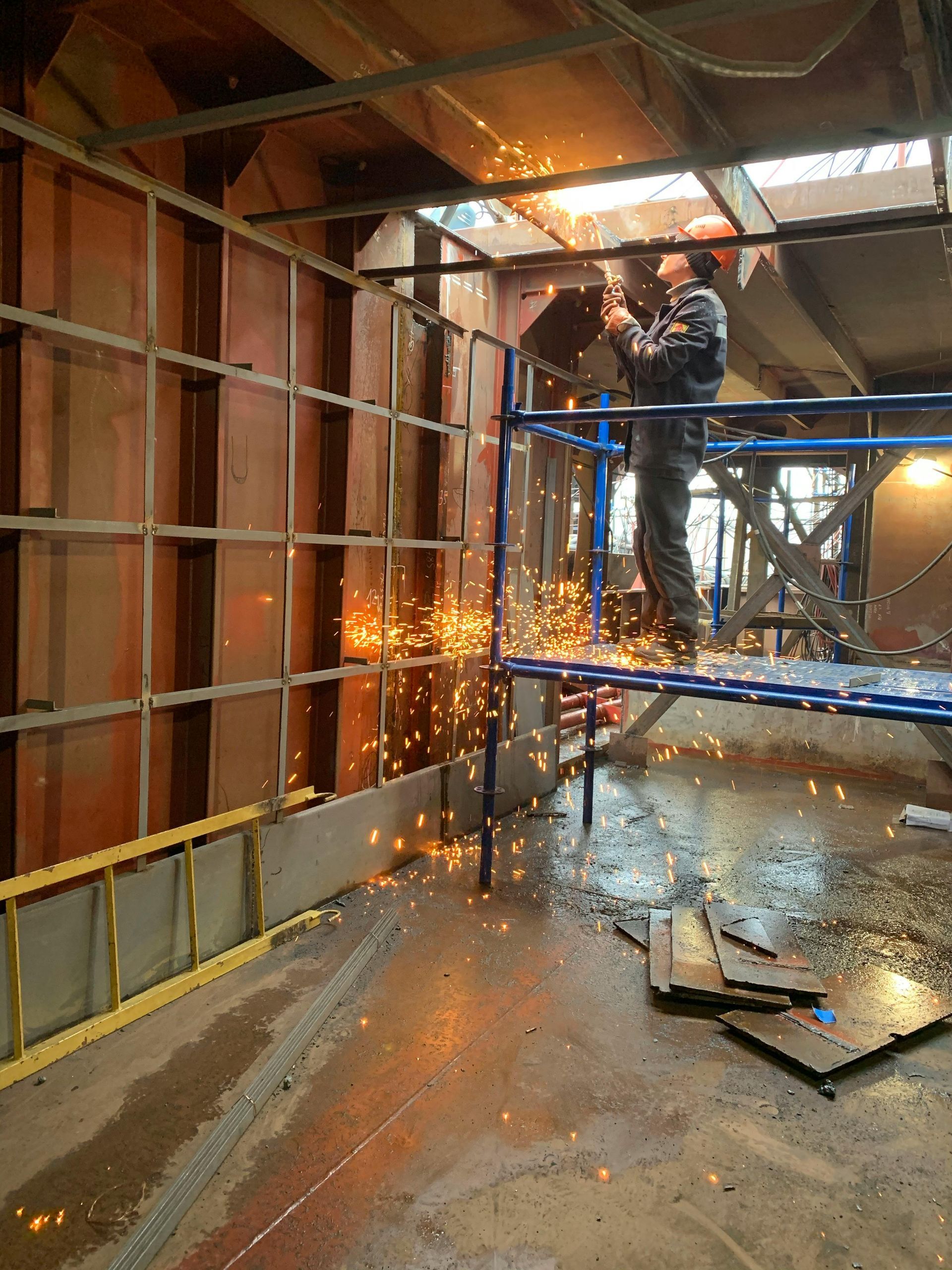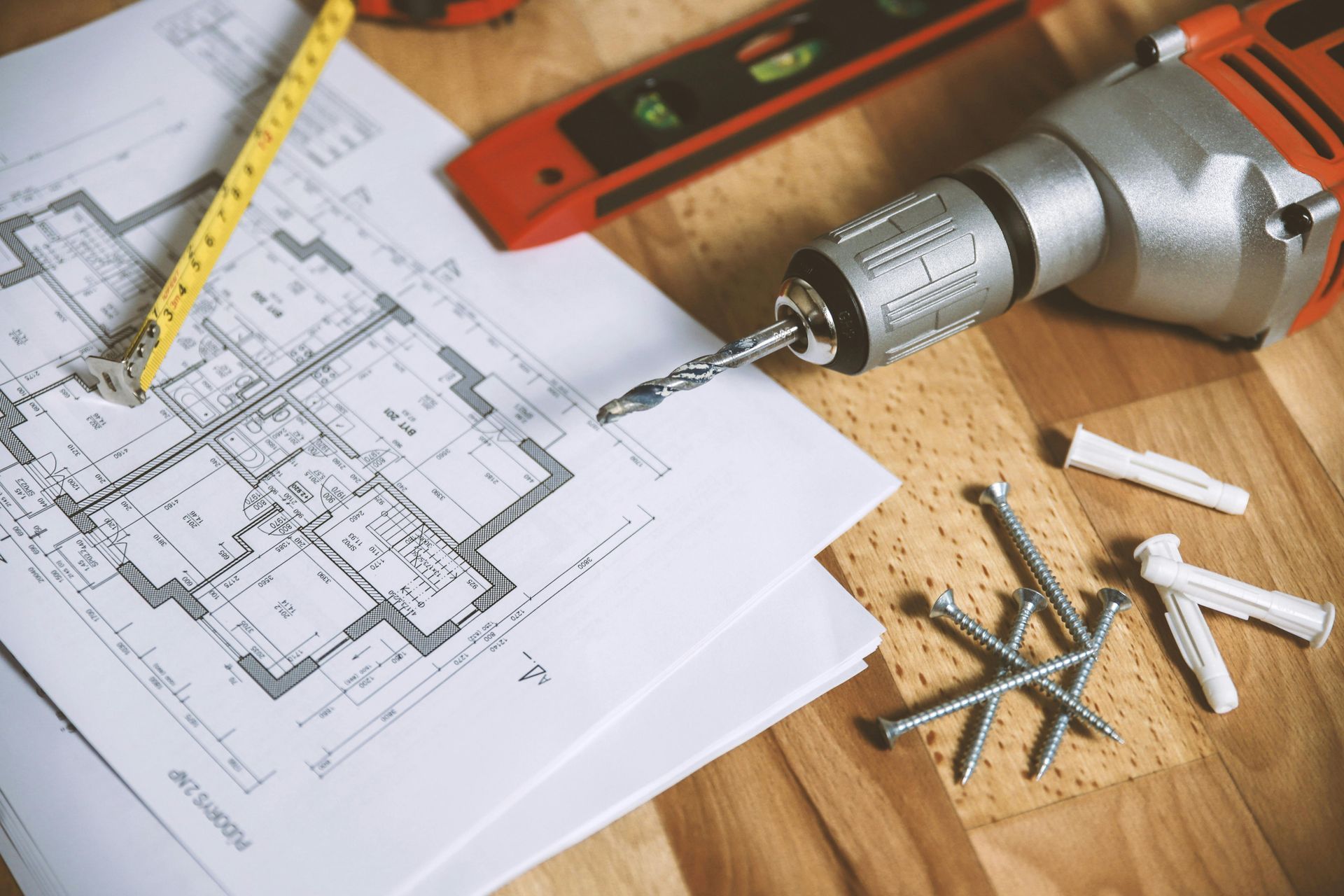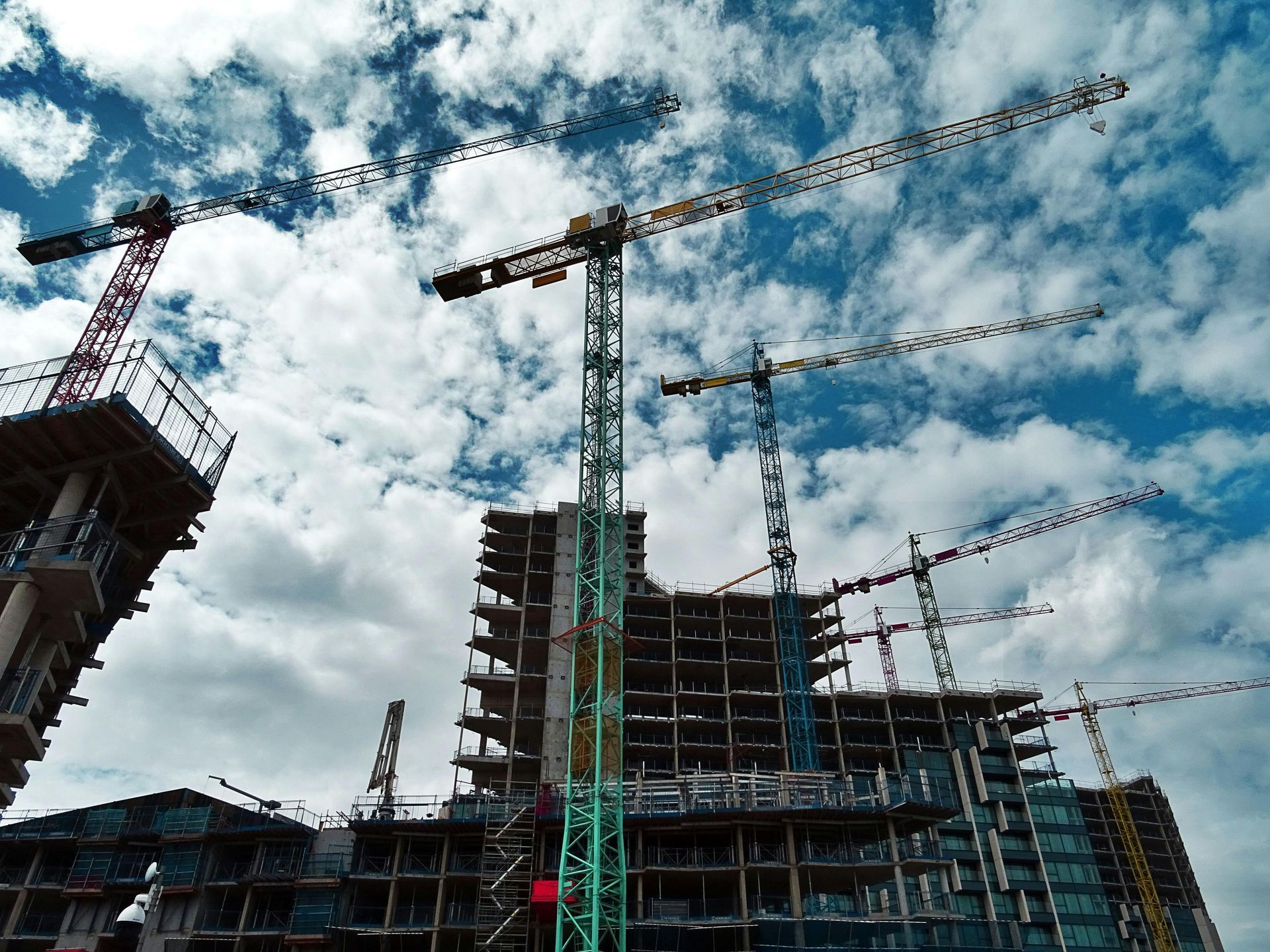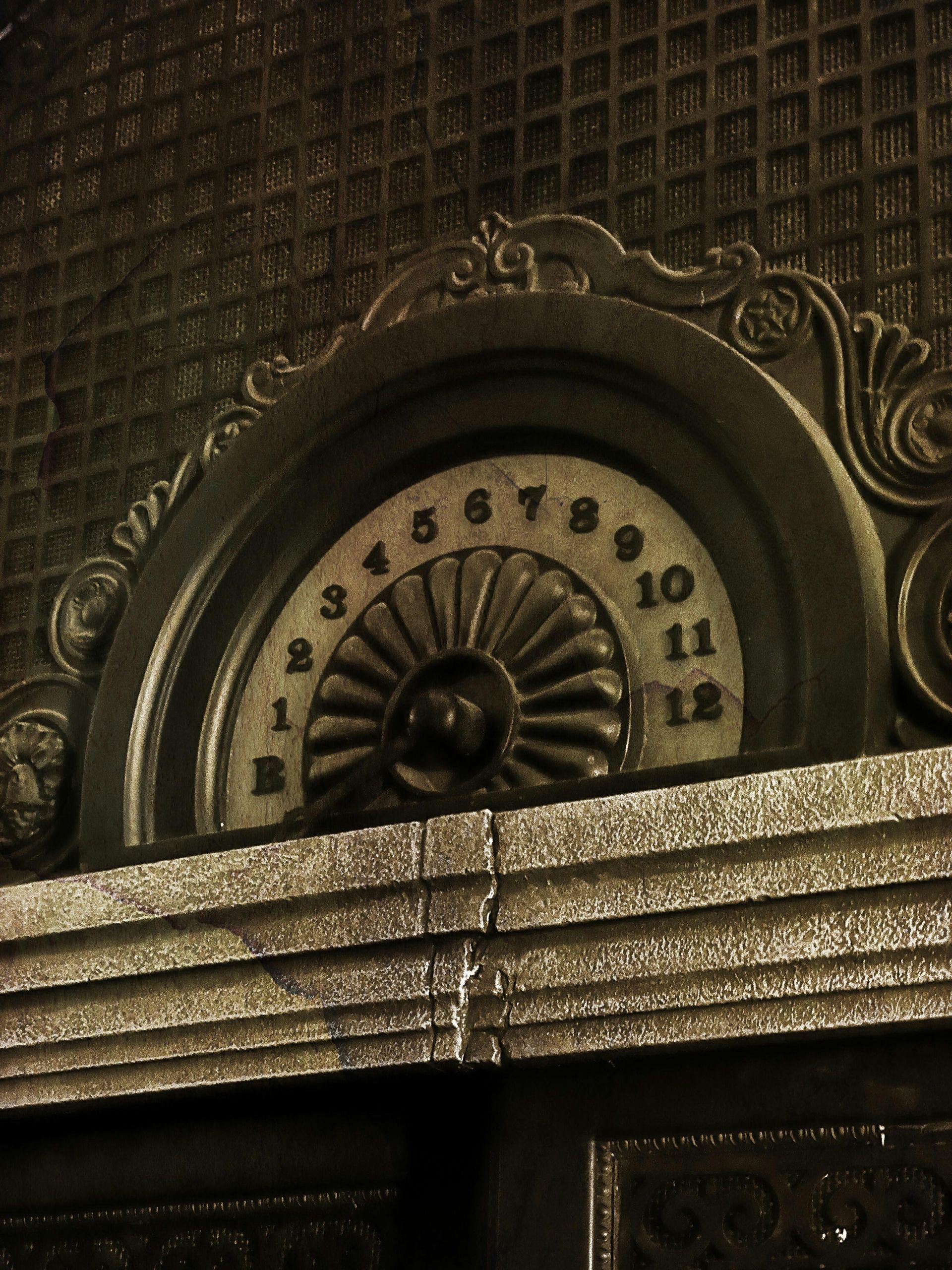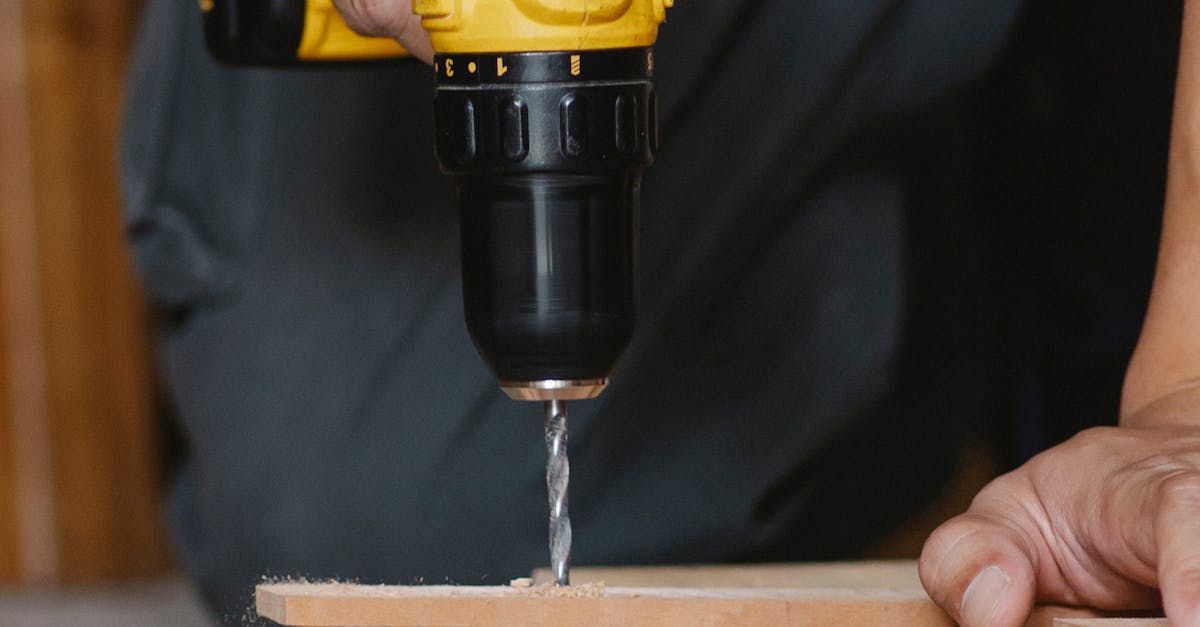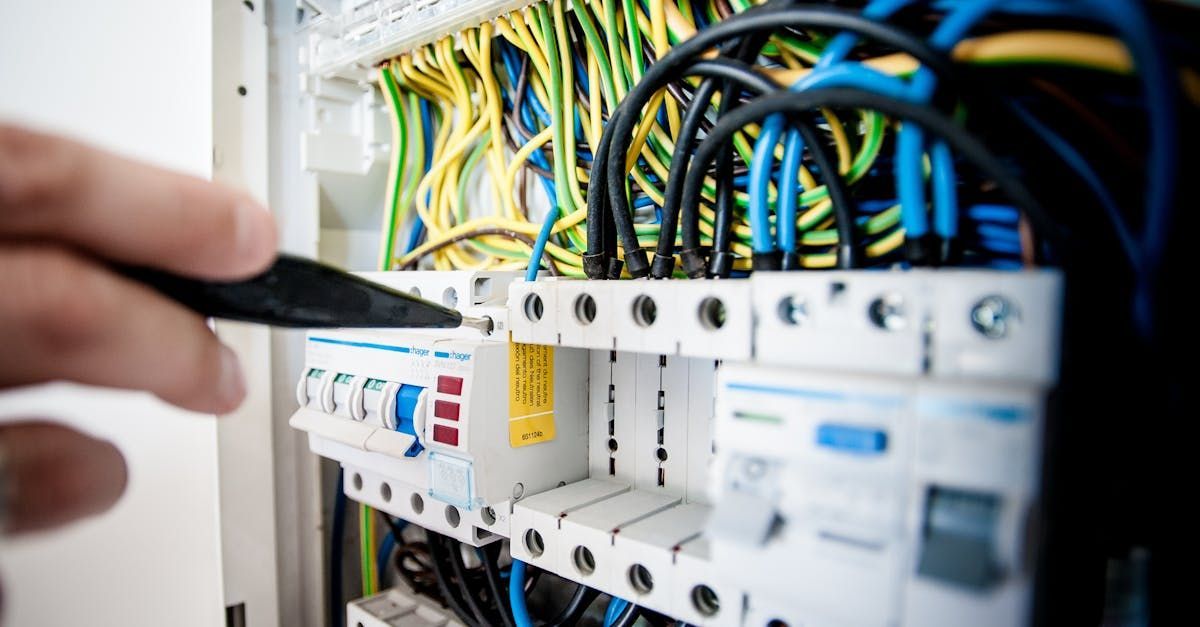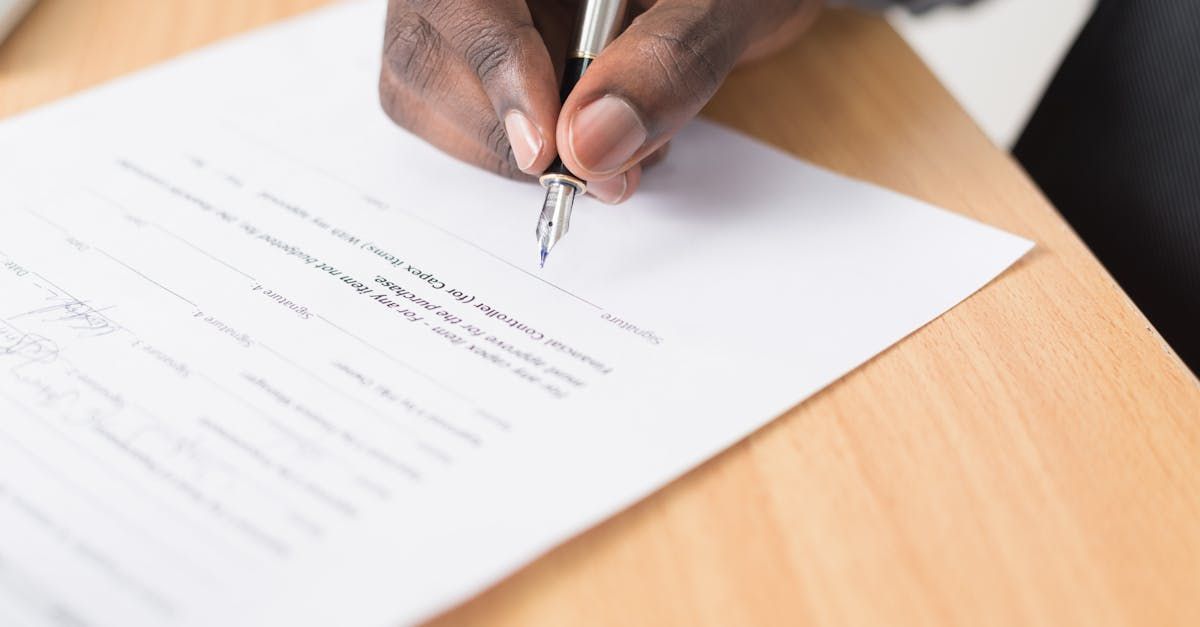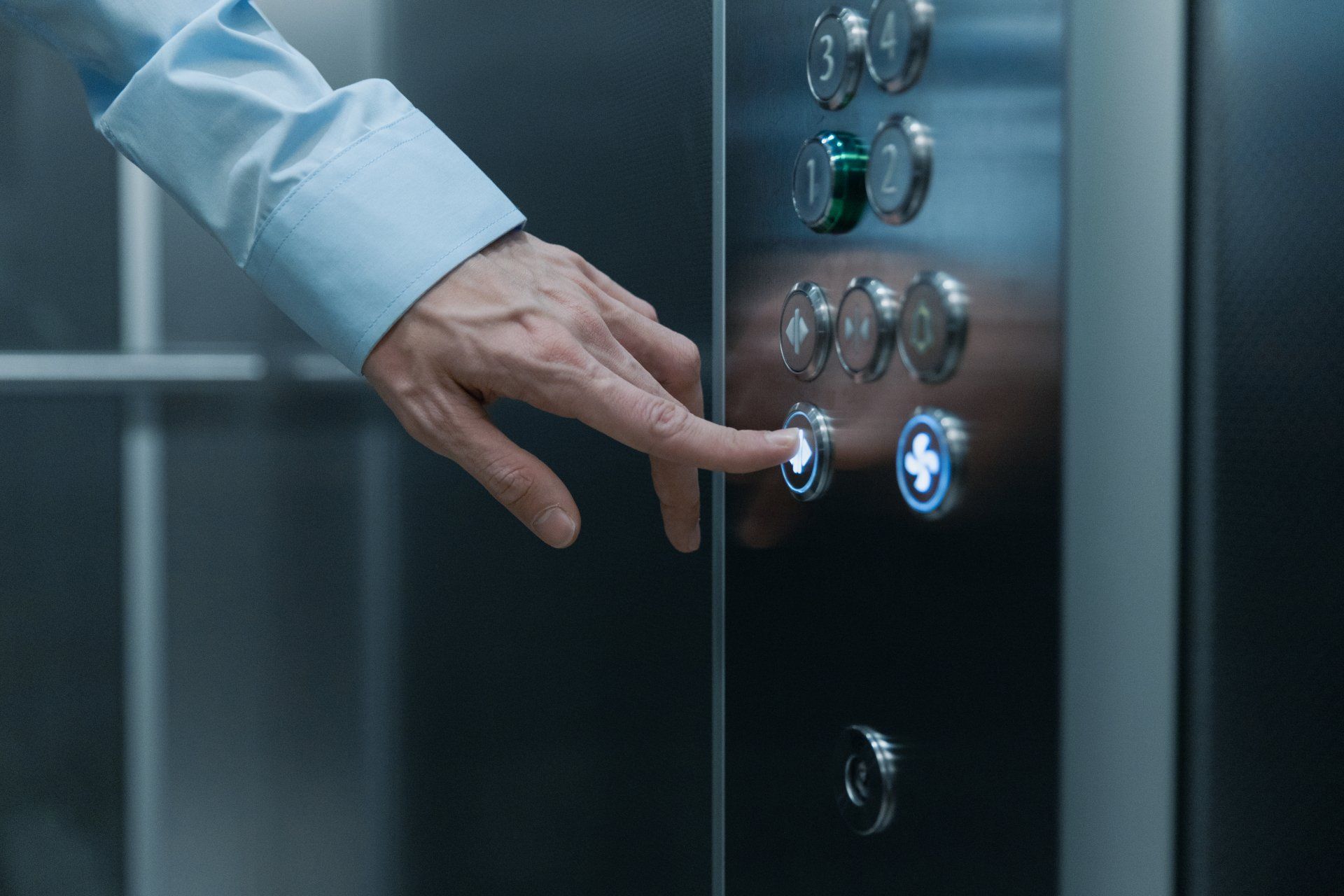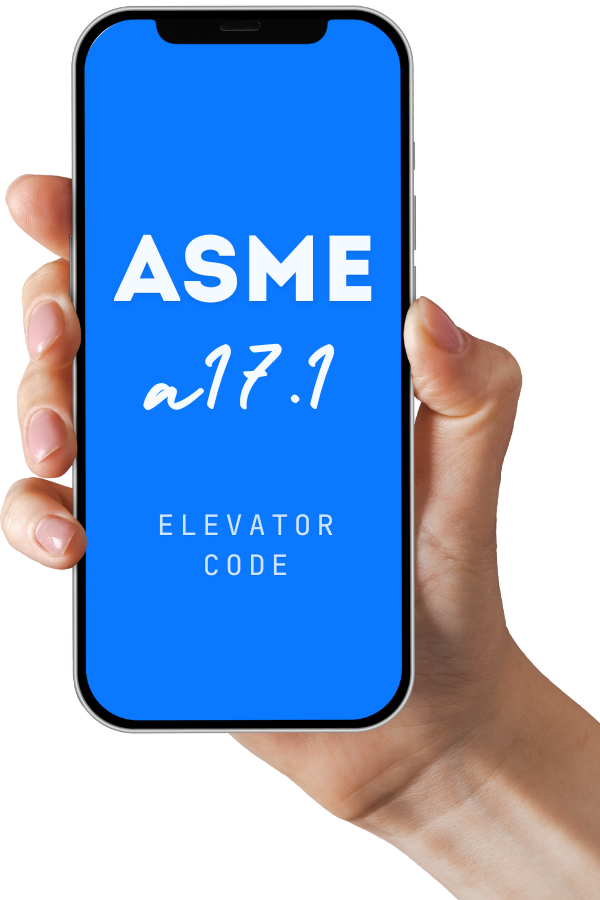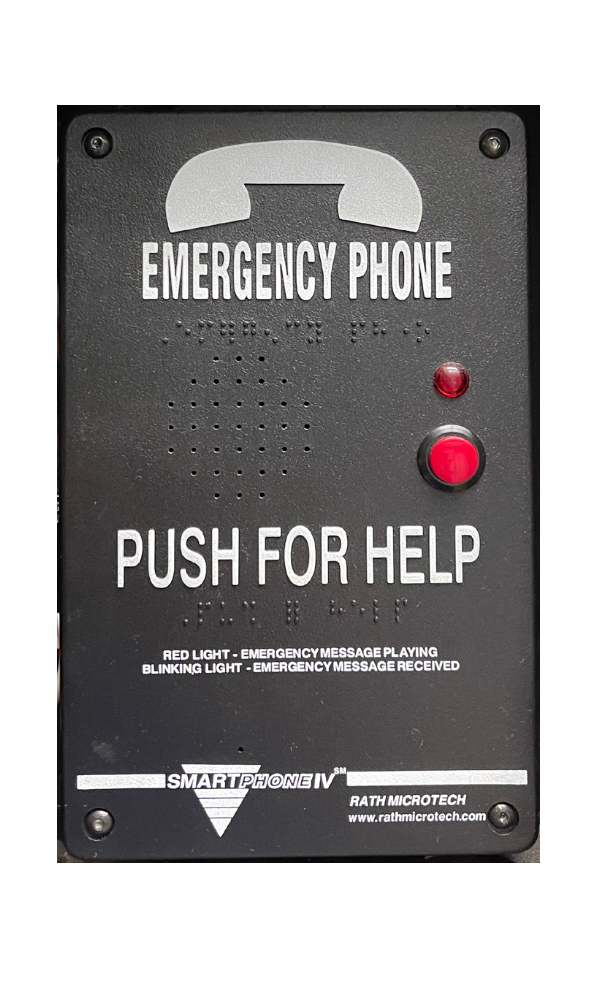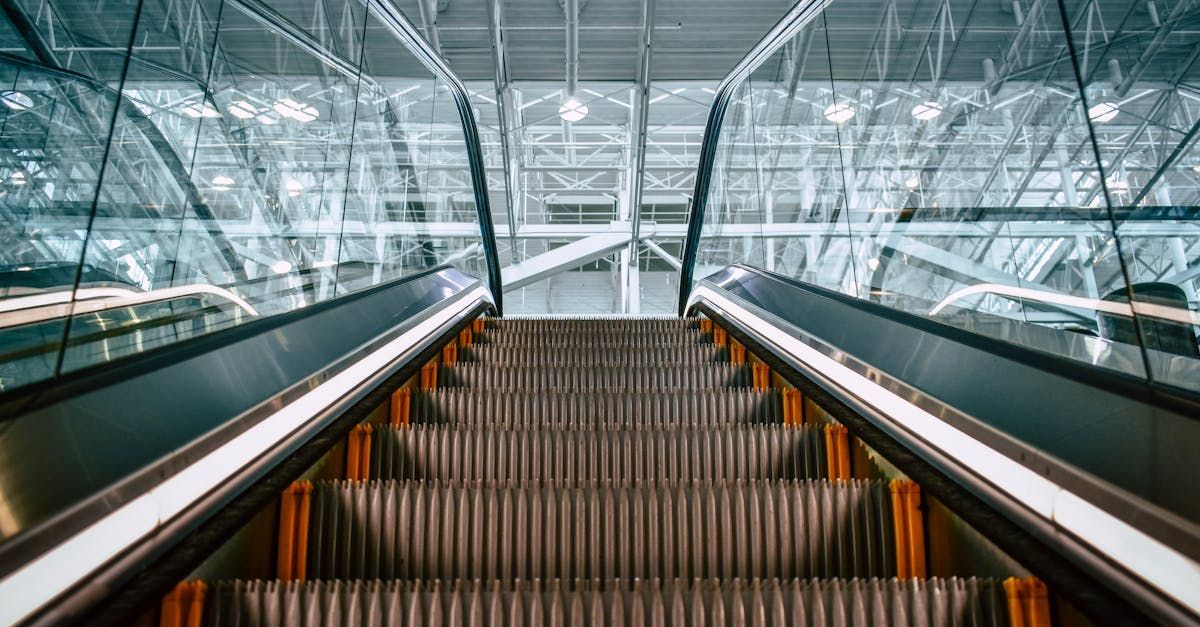Elevator Inspection Companies: What You Need to Know
Key Highlights
- Regular elevator inspections are not just a legal requirement but crucial for ensuring passenger safety and preventing accidents.
- When choosing an elevator inspection company, consider factors like experience, industry certifications, knowledge of code requirements, and customer reviews.
- A reputable company employs qualified inspectors who thoroughly examine all elevator components, identify potential hazards, and ensure compliance with safety regulations.
- Understanding the inspection process, including the frequency and scope of inspections required in your jurisdiction, is essential for building owners and managers.
- By prioritizing elevator safety and partnering with a reliable inspection company, you provide a safe and secure environment for everyone.
Introduction
In the changing elevator industry, keeping vertical transportation safe and reliable is very important. This requires a strong inspection process. The rules and standards can differ in various jurisdictions. Building owners and managers need to know the value of working with trusted elevator inspection companies.
Understanding Elevator Inspections
Elevator inspections are detailed checks of elevators and lifting systems. They look at how safe they are and how well they work. These checks are important to keep elevators running safely. They help to reduce the chances of accidents or issues.
During an inspection, skilled elevator inspectors carefully examine different parts. This includes the elevator car, lifting machines, electrical systems, safety features, and control panels. They look for wear and tear, signs of damage, bad installation, or anything else that might endanger passengers. These inspections usually happen every year, but the rules can change based on local laws and the kind of elevator.
The Importance of Regular Elevator Inspections
Regular elevator inspections are very important. They keep passengers safe and help elevators work well. The Elevator Safety Act requires that these inspections happen every year to find any dangers and follow safety rules.
The Elevator Safety Board provides clear guidelines and rules for these inspections. These rules include the qualifications needed for inspectors, how to do the inspections, and what documents are needed. When building owners and managers follow these rules, they meet the law and make sure people using the elevators are safe.
Moreover, regular inspections catch problems early. This helps avoid expensive repairs and accidents. Keeping up with elevator maintenance reduces how often they need to be fixed and helps them last longer.
What Does an Elevator Inspection Involve?
An elevator inspection is a detailed check of all lift parts. The goal is to make sure they follow safety rules. This job is done by qualified inspectors who have many years of field experience.
The inspection starts with a visual check of the elevator car, shaft, and machine room. Inspectors look for any damage, wear, or parts that do not work right. Then, they test how the elevator operates. This includes checking the doors, brakes, controls, and safety features. They also ensure that emergency systems, like alarms and communication devices, are working well.
In addition, the inspection process involves looking at maintenance records and papers. By examining these documents, inspectors can spot any ongoing problems. They also assess how maintenance is done and give suggestions for improvements.
Choosing the Right Elevator Inspection Company
It is important to choose a trustworthy elevator inspection company to keep your elevators safe and compliant. You should find companies that have lots of experience and are good at what they do.
It's crucial to pick a company that understands safety rules and stays up-to-date with the newest code requirements. This will give you peace of mind.
Criteria for Selecting a Reputable Company
When picking an elevator inspection company, think about these points:
- Experienced Team: Choose a company with a group of certified inspectors who have lots of experience.
- Full Working Knowledge of the Latest Code Requirements: Make sure the company knows all the important safety codes and rules.
- QEI 3rd Party Inspections: Look for services that provide QEI certified 3rd party inspections. This shows they follow the best practices in the industry.
- Positive Customer Reviews: Read reviews and testimonials online. This will help you understand the company’s reputation and how happy their customers are.
Regulatory Compliance and Safety Standards in the US
In the United States, the elevator industry is subject to stringent regulatory compliance requirements to ensure passenger safety. The Division of Fire Safety plays a vital role in enforcing these standards.
Compliance with safety standards ensures that elevators are designed, installed, maintained, and inspected to minimize risks. The following table shows the code adoption dates in a particular state.
Conclusion
In conclusion, checking elevators is very important for safety. Regular checks and maintenance help stop accidents and keep things running well. It also makes sure elevators meet safety rules. When picking an elevator inspection company, think about their reputation, certifications, and how well they follow safety rules. By working with a good company, you can feel safe knowing your elevators are taken care of. Elevator safety should always come first. So, make sure to get regular checks to keep everyone in your building safe and your elevators working well. If you need more information or want to set up an inspection, contact us today!
Frequently Asked Questions
How often should elevators be inspected?
The Elevator Safety Act says that all elevators need to be inspected every year. The rules can be different depending on where you live, so it is a good idea to check with your local Elevator Safety Board. They will give you the specific guidelines for your municipality.
What are the common issues found during elevator inspections?
Experienced teams that assess elevator conditions point out that common problems found during the inspection process include worn-out parts and faulty electrical components. They also see malfunctioning doors and issues with chair lifts. These problems can differ in various jurisdictions.
Can I request an inspection outside the regular schedule?
Yes, you can ask for a QEI third-party inspection even if it's not on the regular schedule. This is especially important if you think there are problems with your dumbwaiters. It is also helpful if you need to show that you follow the rules set by the Division of Fire Safety in your area.
What certifications should a reputable elevator inspection company have?
A good elevator inspection company should have QEI (Qualified Elevator Inspector) certifications. Make sure their team has full working knowledge of the latest code requirements in the elevator industry. This includes knowing about different equipment, such as escalators.
How do elevator inspections improve safety?
Elevator inspections make things safer in many ways. The Elevator Safety Act explains this clearly. It says that the Elevator Safety Board must do annual inspections to check if all parts are working well. Elevator condition assessments can spot issues early. If we ignore these problems, they may cause accidents or failures later. Regular inspections and keeping proper paperwork are very important for safe operation.

